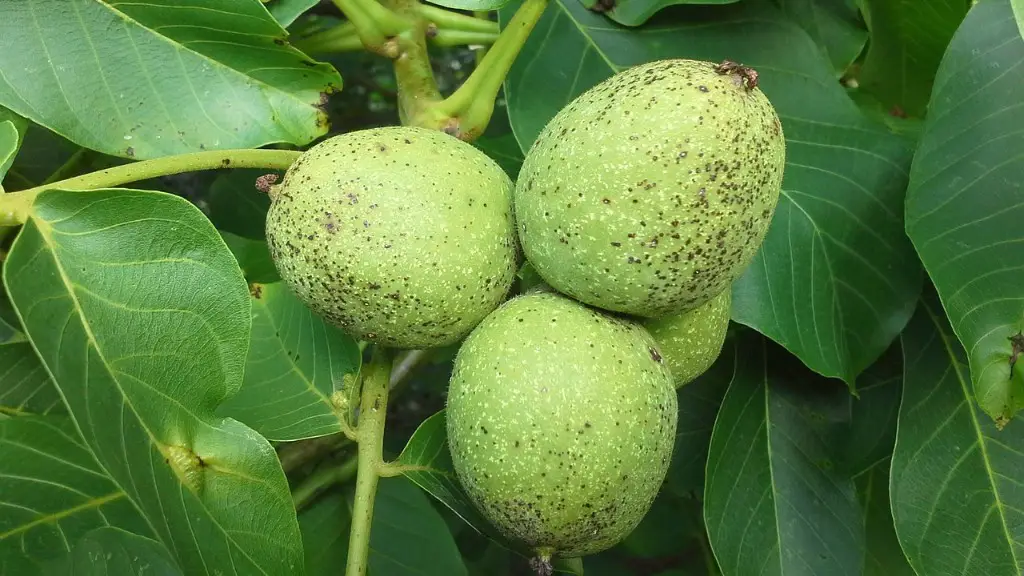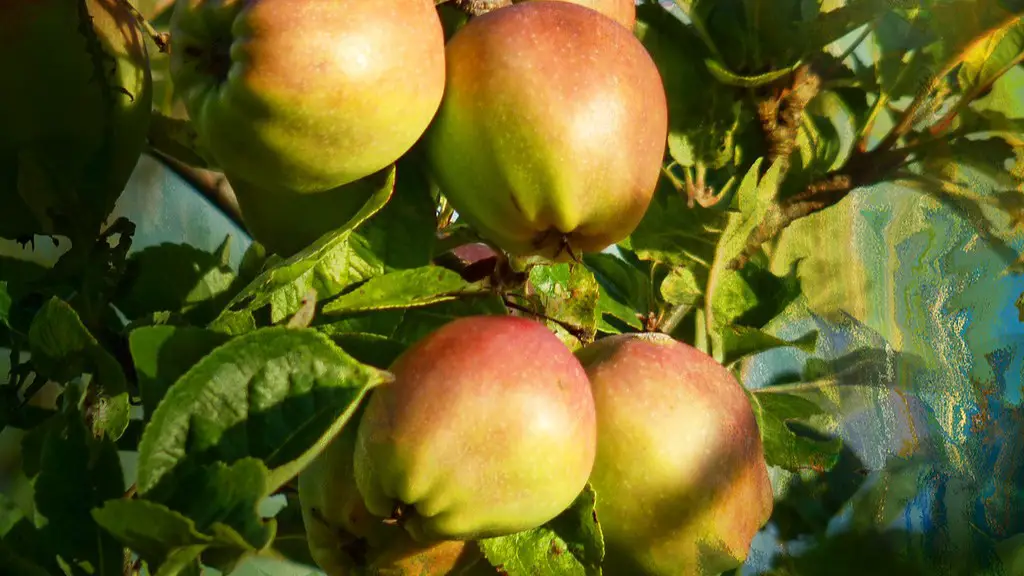What is a palm tree? A palm tree is any member of a diverse group of evergreen trees, mostly of the Arecaceae family. In general, palms have a single stem, grow to heights of up to 20 meters and are widely used throughout the world as a source of food, building materials, medicine, and other resources. But why are they so popular?
Palm trees have been an integral part of human lives in tropical regions for thousands of years, providing food, building materials, and other necessities. Palms play a crucial role in the surrounding ecosystems and help provide habitats for many animals and plants, particularly endangered monkeys. They offer shade and protection against harsh winds, making them helpful in many environments.
Palm trees are also popular for ornamental purposes. Their exotic, tropical look is popular for home gardens, parks, and corporate landscaping. Some contain beautiful, fragrant flowers and some provide edible fruits. Some palm trees are grown as houseplants and have become popular decorations around the world.
Due to the environmental and economic benefits of palm trees, many governments have actively taken steps to promote their planting in public and private lands. In the United States, for example, cities like Miami, Florida and Honolulu, Hawaii are known for their lush palm trees. These cities use palm trees to add to their respective city’s tropical-urban appeal, while providing a boon to their urban economy.
On the other hand, researchers have raised worries over the negative impacts of palm tree cultivation on the local environment. These include water abstraction and habitat destruction, which can have a negative effect on biodiversity. For example, widespread palm oil cultivation in South East Asia has led to the displacement of indigenous communities and the destruction of tropical forests.
As with any type of human activity, there are benefits and risks associated with cultivating palm trees. To mitigate these risks and optimize the benefits of these trees, it is important to ensure that their planting and management is based on credible and holistic research. Additionally, governments and citizens should work together to create regulations to ensure sustainable and responsible palm tree cultivation.
Local Perspectives
When it comes to local perspectives, opinions about the cultivation of palm trees can vary greatly. For some communities and regions, palm trees are cherished for their cultural, environmental, and economic benefits. For other communities, palms are seen as environmental dangers. While opinions may vary, it is important to consider the different perspectives from various stakeholders.
Local communities have a vital role to play in developing and implementing comprehensive palm tree cultivation and management plans. Communities should be consulted during decision-making processes and stakeholders should be given opportunities to weigh in on palm tree management. Local knowledge can provide important insights and best practices that can help to inform policy decisions.
The pursuit of greener and healthier local environments requires deeper collaboration between all stakeholders. Communities, governments, and researchers should continue to come together to ensure the sensible and sustainable cultivation of palm trees.
Economic Opportunities
The cultivation of palm trees provides numerous economic opportunities for individuals, communities, and countries. From tourism to construction, palm Trees offer a wide range of economic benefits. But, to maximize the economic potential of palms, it is important to ensure that the cultivation of these trees is done in a thoughtful, responsible manner.
Tourism is one of the key economic benefits of palms. In many areas, the sight of lush, exotic palm trees can be a major attraction for tourists and can help stimulate economic growth. The construction, medical, and agricultural industries are also heavily dependent on the harvesting and processing of palm trees.
Though the economic potential of palms is significant, there are serious ethical concerns surrounding the global harvesting and sale of palms. For instance, many regions around the world have seen major deforestation due to the intensive harvesting of palm trees for commercial uses. To ensure ethical and sustainable palm tree harvesting, governments and companies must collaborate to ensure that practices comply with international standards.
Environmental Impact
The environmental impact of palm tree cultivation and harvesting is a major area of concern. Palm trees can play an important role in the global ecosystems, providing food and habitat for various animals and plants. However, any ill-planned or unethical harvesting of palm trees and use of their products can lead to destabilization of local environments.
Palm trees require a great deal of water and energy to cultivate, which can have a negative impact on local water sources and natural habitats. Additionally, the use of large amounts of fertilizers and herbicides has been linked to soil and water contamination in some regions.
For sustainable palm tree cultivation, use of environment-friendly practices, products, and energy sources is essential. Additionally, steps should be taken to ensure that local laws and regulations are followed to protect local ecosystems. Moreover, cutting edge technology should be utilized to maximize the benefits of palms while minimizing the environmental footprint.
Global Demand
The global demand for palm products has rapidly increased in recent years due to their widespread uses. In some regions, the intensive harvesting of palm trees has led to massive deforestation, resulting in the displacement of local communities and negative impacts on the environment.
To ensure sustainable palm production and avoid long-term environmental damages, it is important to invest in responsible cultivation and harvesting practices. Additionally, international agreements should be established to monitor and regulate the production of palm products.
In addition, global stakeholders should come together to support initiatives to plant new palm trees and restore existing forests. Through collective action and collaborations among all stakeholders, the global community can ensure responsible and sustainable palm production throughout the world.
Conclusion
Palm trees are an important part of many global ecosystems, providing numerous economic and environmental benefits. But to realize these benefits, it is important to ensure ethical and sustainable cultivation and harvesting of these trees. Governments, citizens, and companies must collaborate to ensure that the global demand for palm products is met in an environmentally sound manner.




